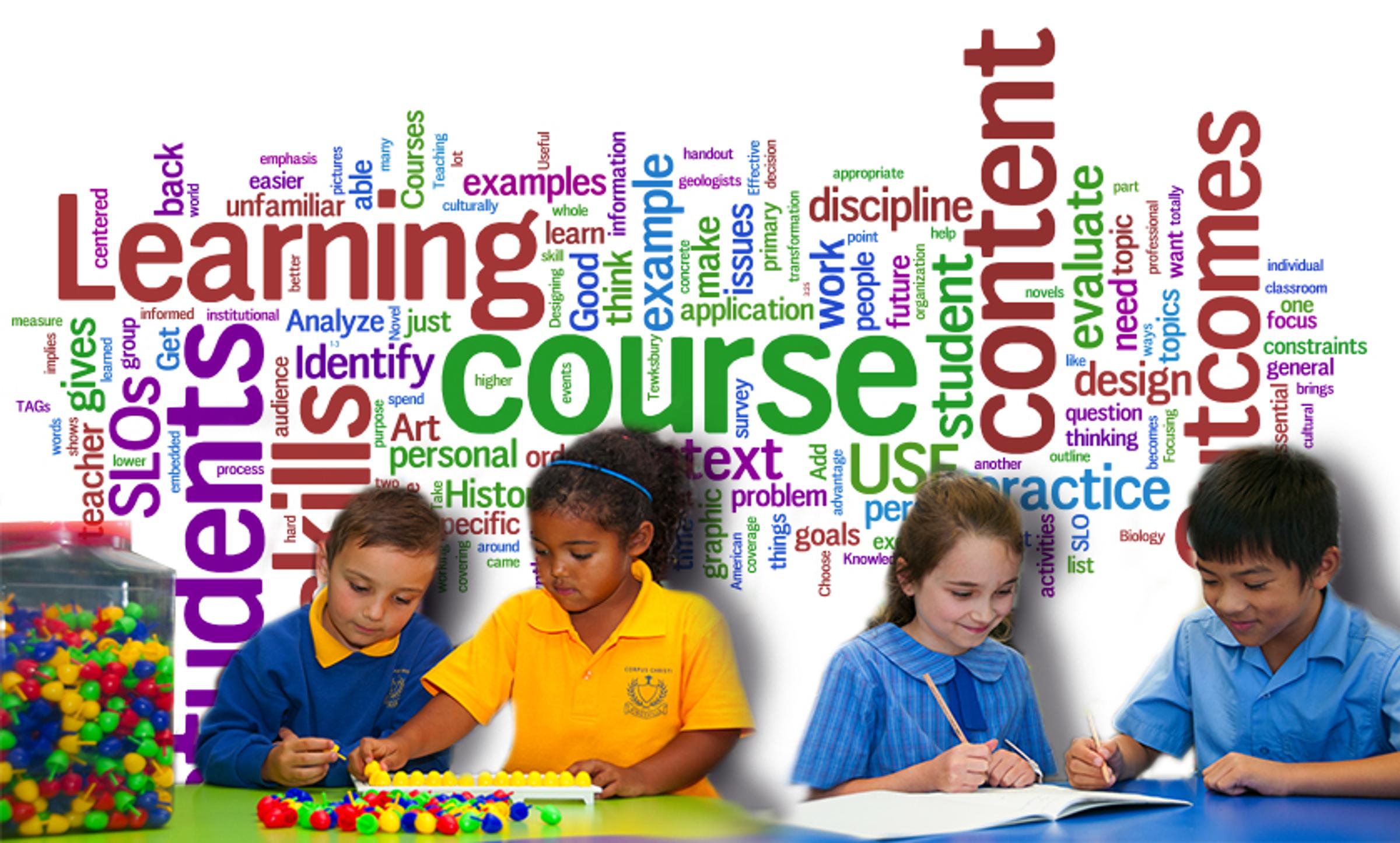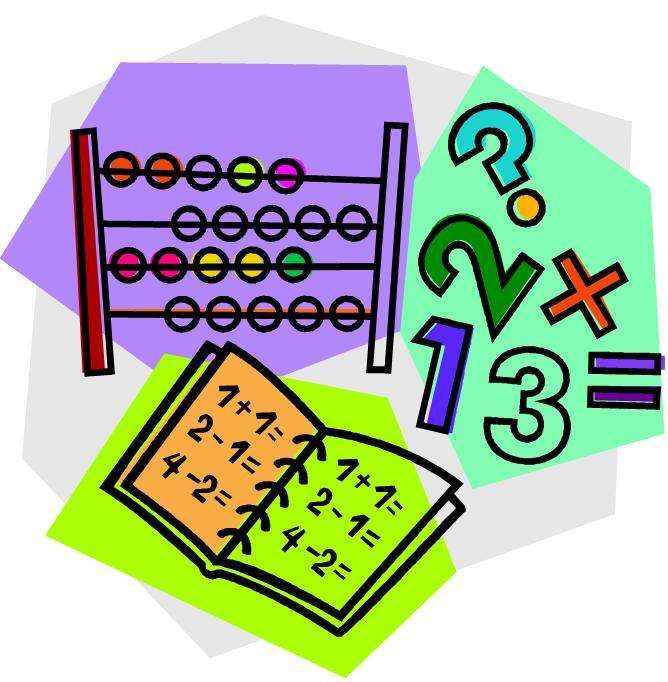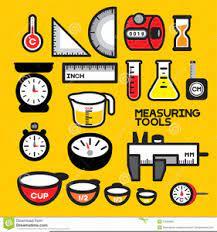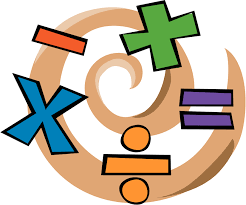Learning and Teaching

You don't need to be “good at maths” to help your children with their maths
By Doug Clarke
ABC Education Tue 14 Dec 2021
Many parents are looking for ways to help their children with their mathematics. It is common amongst parents to feel their own confidence with maths and their own experiences with school maths preclude them from helping.
To those parents I'd say, firstly, you're probably more capable than you think, and secondly, if you're not, there are still many different things you can do to help. And this goes for grandparents (like me) too, who often have more time and opportunities to help.
I want to share some general principles about helping your children with mathematics and then some practical suggestions of what this might look like. My focus here is on the primary years of schooling and the years before that.
For many, helping your children with their maths homework results in tears and frustration. (And that's just the parents!) So I want to emphasise the kinds of things parents can do during everyday family activities.
How to help your children with maths
Where homework is focused on family activities, children do much better at school.
Build on success
Create the impression that learning mathematics well is desirable. Encourage effort and help your children see errors as part of the learning process.
Let them work things out
People learn, not so much by being told things, as by working things out for themselves and linking new ideas to ideas they already have. You can help by asking your children questions, letting them work out answers for themselves, and then discussing their answers and strategies with them.
Be patient
Children need time to think and time to answer. When asking your children questions or talking to them about mathematics, give them time. Be patient. Also, explain to older children that they need to give younger siblings time to answer questions, rather than always answering for them.
Talk about it
Encourage children to talk. Talking about mathematics is an effective way of learning, especially when a mathematical situation arises naturally.
Speak the language
Use mathematical words when you describe things. For example, instead of saying "the big red bucket", you might say "the 10-litre bucket". Instead of saying "the large packet of rice", you might say "the 2-kilogram packet of rice".
Don't rush
There is no hurry. Children develop their mathematics skills gradually and there is no urgency about developing any particular skill. It's necessary to work progressively on helping them to learn mathematics. Start now, but there is no need to accelerate your child's development.
10 Practical ideas to help your children with mathematics
Over the years, I have had the chance to facilitate parent evenings, where parents share the kinds of things they do with their children to support the learning of mathematics, and I share a few of my ideas.
Some of these ideas are more suited to younger children, and others to upper primary. As you read this, you may find you are already doing many of these things.
1. (For younger children) Count steps when you go up or down them. Ask your child to set the table, working out how many knives, forks, cups, chopsticks, etc are needed. Talk about longer and shorter, lighter and heavier. Identify shapes in the environment.
2. When you have a calculation to do, ask your child, "How would you work this out?" (67 per cent of all calculations adults do are in the home, so there are many opportunities for this.)
3. Talk to children about today's date, find upcoming birthdays on the calendar, ask them questions about how long till bedtime and how long until their birthday, and encourage them to read both analogue and digital clocks.
4. In the supermarket: when in line at the deli, ask how many more people until it's your turn. Ask them to collect the 2L milk carton or the 1kg bag of rice. Encourage them to work out which has the better value out of the large and small packets of laundry detergent.
5. Use a height measurer marked in centimetres for children to keep track of their height, and encourage them to measure things at home, like spacing seedlings when planting in the garden and weighing ingredients during cooking.
6. When travelling, encourage children to be in charge of maps; calculate times and distances; and use the language of north and south-west. When out walking, notice the patterns of house numbers and predict the next house number.
7. Use jigsaw puzzles, card games, monopoly, spatial puzzles and so on. These all help to develop mathematical capability.
8. It is helpful for children to get practice at remembering numbers and other information. Encourage them to learn their address, the phone numbers of their parents, your car registration numbers, birth dates of all the family and so on.
9. Give children a pile of loose change and encourage them to count the total, discussing the different ways of doing this, and ask "How much more to make $10?"
10. At big sporting events, ask children to estimate the crowd. When travelling, estimate how much petrol will cost when filling up, or how long to get to a destination.
It's my hope that you'll see many of these ideas as easily implemented in everyday situations. Good luck!
Find more ideas in the Helping Your Children with Mathematics guide for parents of primary-aged children, which also has a list of children's storybooks that help develop mathematical ideas in a fun way.
Doug Clarke is an Emeritus Professor at Australian Catholic University (Melbourne). Following initial work as a high school maths teacher, he has worked on many different research projects in mathematics education, in Australia and around the world. Taken from the ABC Education website.
Deborah Courtney
Director of Learning and Teaching



